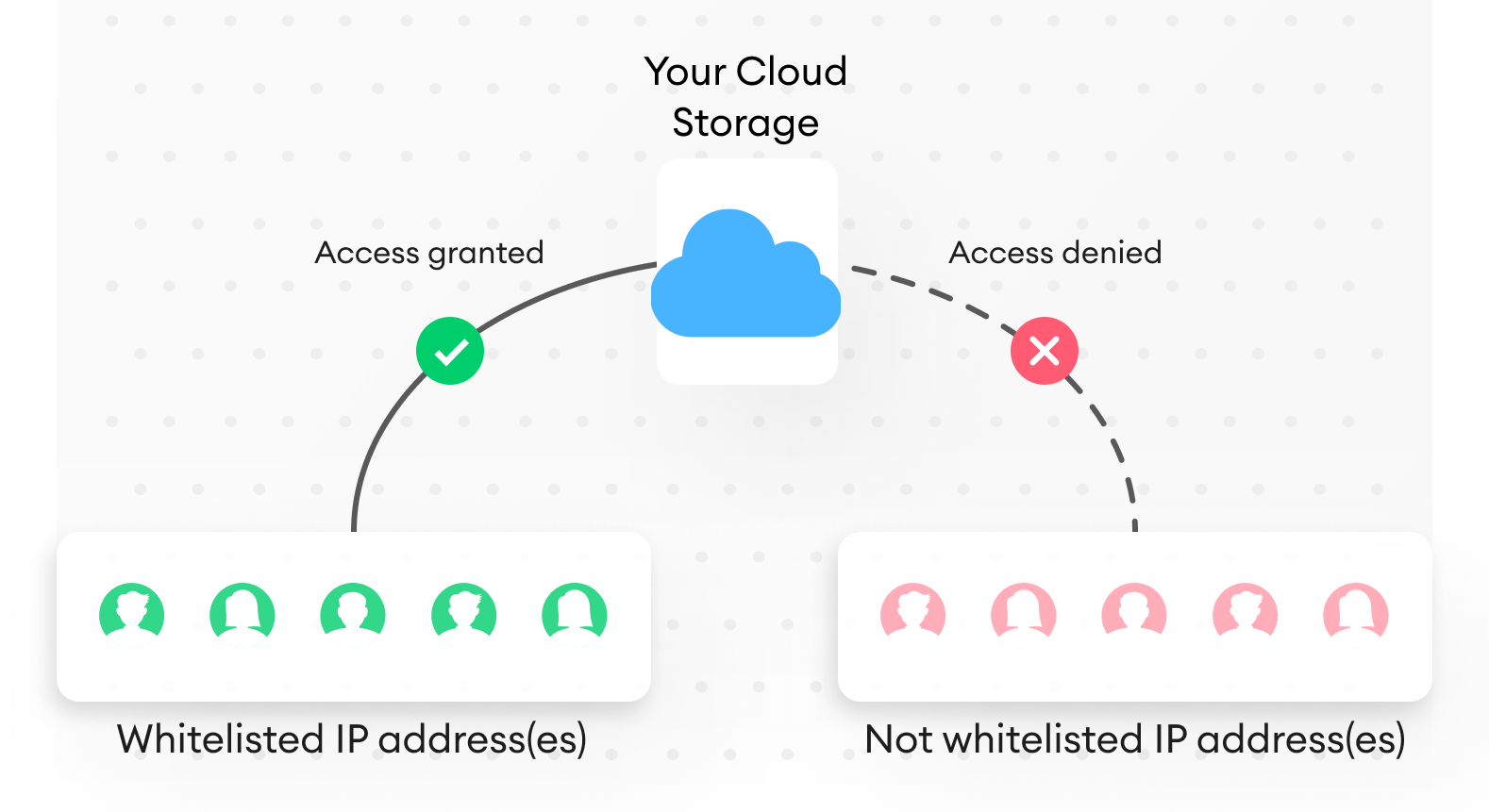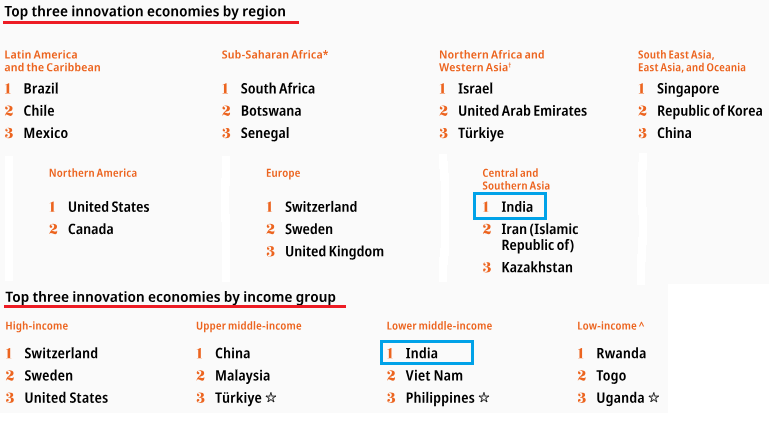CASA
The recent liquidity concerns in the face of loan growth outpacing deposit growth made the regulators and the government to press for higher augmentation of overall deposits, specifically the CASA component.
- CASA – Current Account and Savings Account, which is mostly used in West Asia and South-east Asia.
- CASA deposit – It is the amount of money that gets deposited in the current and savings accounts of bank customers.
|
Two Types of Banks Accounts
|
- Term deposits – It includes fixed or recurring deposits.
- It is valid for a fixed period of time and in return the bank pays interest at a fixed rate with the condition that you do not touch the money in the interim.
- For example, you put in Rs 10,000 in a fixed deposit for a period of 7 years and the bank pays you an interest at the rate of 12% per annum.
- Non-term deposits – It includes current or savings accounts.
- They are used for daily operations and are valid as long as the customer wants them to be.
- They have lower interest rates than term deposits depending on the bank’s terms and conditions.
- For example, in an urban area ICICI Bank pays 4.0% interest on a savings account with cheque book on a minimum balance of Rs 10,000.
|
- Features – Since interest rates are lower than term deposits, CASA is a cheaper source of funds for banks.
- The savings accounts portion pays more interest compared to current accounts.
CASA deposits involve a multitude of transactions day in and day out in terms of withdrawal, remittance, statements of accounts, mandates, linkage to gateways and so on. All these transactions entail significant costs that are not accounted for while banks calculate CASA cost.
- CASA Ratio – It is the percentage of total bank deposits that are in a CASA, an important metric to determine the bank's liquidity.

- It indicates how much of a bank’s total deposits accounts are in both current and savings.
- Higher CASA Ratio - A bank has a higher proportion of stable deposits available for lending.
- Significance – CASA ratio reflects the bank’s financial health and the bank’s capacity to raise money with lower borrowing costs.
The current account portion of CASA is called as a checking account. The customer can withdraw cash and write checks against the balance and it earns no interest.
References
- The New Indian Express| CASA and its Hidden Costs
- The Economic Times| CASA Deposits
Star Rating for Vehicles
The National Green Tribunal (NGT) has sought responses from some ministries of the Union government on a plea seeking implementation of a star-rating system.
- 2016 notification – Ministry of Road Transport and Highways notified the amendment of the Central Motor Vehicle Rules 1989 in order to introduce the star-rating system for all vehicles.
- It had specified the design of the star-rating stickers that were to be placed on the windows of vehicles
- The onus of putting them lying on the manufacturers.
- Need - India’s vehicular pollution accounts for 40% of the total air pollution as per the Ministry of Earth Sciences.
- Star rating systems for vehicles- It is rating based on fuel efficiency and carbon dioxide (CO2) emissions across all vehicles.
- Aim – To raise the consciousness of customers on the importance of fuel efficiency, with the assumption that properly informed people will always buy fuel-efficient vehicles.
- Information – The key information that are common in many countries are
- Fuel consumption per litre for a stipulated number of kilometres (it could be separate for urban and rural)
- CO2 emissions in grams/km
- Annual fuel cost based on certain parameters
- Fuel economy
- Greenhouse gas emission ratings
- Global practices – It is called as vehicle fuel efficiency labelling (VFEL), issued in many countries since 1978.
- For instance, in the Asia Pacific Economic Cooperation (APEC) region, more than 13 countries have already implemented VFEL.
- APEC countries include Australia, Canada, China, Japan, Korea, US, Vietnam and Thailand.
- Also implemented in non-APEC countries like Brazil, the UK and Germany.
- Learnings from global practices – Data signifies that a voluntary implementation of the system for vehicles has seen low coverage, with very few auto firms implementing it
- But a mandatory rule has been more effective.
India had unveiled the Bharat New Car Assessment Programme (Bharat NCAP) in 2023 to increase the road safety.
Reference
Business Standard| Star Rating of Vehicles
Declaration of Fact Check Unit as Unconstitutional
Bombay High Court officially strikes down Centre’s Fact Check Unit, calls amended IT Rules ‘unconstitutional’ in its recent verdict.
|
Amended Information Technology Rules, 2023
|
- It empowered the Centre to set up a fact check unit (FCU).
- It is to identify fake, false and misleading information about the government and its establishments on social media.
- It requires social media intermediaries to make reasonable efforts to prevent users from uploading or transmitting any content flagged by the Centre’s FCU as misinformation.
- Such flagged content have to be taken down within 36 hours if the intermediaries wanted to retain their “safe harbour” protection.
|
Safe harbour protection refers to legal protection for Internet service providers (ISPs) and other intermediaries that host or transmit third-party content online.
- Violation of rights – It violates multiple fundamental rights provisions enshrined in the Indian Constitution
- Article 14 - Right to equality
- Article 19 - Freedom of speech and expression
- Article 19(1)(g) - Freedom and right to profession
- Split verdict – One Judge pronounced that the rule promoted censorship and did not fall within the ambit of reasonable restrictions permitted under Article 19(2) of the Constitution.
- Other one reasoned that the government is best positioned to provide accurate information about itself and that the rules were intended solely to combat misinformation.
- Tie-breaker rule - Following the split verdict, the Chief Justice of the High Court appointed a Justice to hear the matter afresh and deliver a tie-breaking ruling, in accordance with the HC rules.
- Intervention by Supreme Court – While the verdict for awaited the Centre notified the FCU under the Press Information Bureau.
- This prompted the Supreme Court to stay the operation of the notification until tie-breaking verdict comes.
- Final verdict - The expression “fake, false and misleading” in the rules was “vague and hence wrong” in the absence of any definition.
- It created a “chilling effect” on intermediaries by jeopardising their safe harbour protection.
- Further actions – The Centre has the option of challenging High Court ruling in Supreme Court.
References
- The Hindu| Strike down of Fact checking Unit
- The Hindu| Evolution of FCU Case in High Court
Whitelisting URLs
Over 3,000 registered senders complied with the new requirement by whitelisting as per TRAI.
- Website Whitelist – A whitelist (allowlist) is a cybersecurity strategy that approves a list of email addresses, IP addresses, domain names or applications, while denying all others.
- It refers to the process of explicitly allowing certain trusted websites to access specific resources or perform actions on a computer or network.
- Importance – It is a quick and easy way to help safeguard computers and networks from potentially harmful threats or inappropriate material on local networks or across the internet.
- It also blocks external tracking and advertising websites.

TRAI’s directive on whitelisting
- Directive – It instructing all access providers to block any traffic containing URLs, Android Package Kits (APKs) or over-the-top (OTT) links that have not been whitelisted.
- It is all set to come into effect from October 1st 2024.
- Aim – To curb the misuse of Uniform Resource Locators (URLs) in messages.
- To safeguard consumers from unsolicited messages containing malicious links while fostering a transparent and secure communication system.
- Features - To ensure smooth flow of SMS traffic containing URLs, TRAI advises registered senders to promptly upload their whitelisted URL/APK/OTT links to the portal of the respective access providers.
- Senders who fail to whitelist their links by the due date will not be able to transmit any messages containing URL/APK/OTT links, the regulator added.
Recently, Bharti Airtel launched an artificial intelligence (AI) powered spam detection solution that will significantly solve the issue of spam calls and messages for its customers.
Reference
The Hindu business Line| TRAI’s Directive to Whitlelist URLs
Global Innovation Index 2024
The 17th and 2024 edition of Global Innovation Index was released.
|
Global Innovation Index (GII)
|
- GII – It captures the innovation ecosystem performance of economies and tracks the most recent global innovation trends.
- Released by – World Intellectual Property Organisation (WIPO)
- 7 indicators
- Institutions
- Human Capital and Research
- Infrastructure
- Market Sophistication
- Business Sophistication
- Knowledge and Technology Outputs
- Creative Outputs
|
- GII 2024 – A guide to the innovative performance of 133 countries, as well as the world’s top 100 science and technology clusters.
- Special theme – Unlocking the Promise of Social Entrepreneurship.
- Findings – There is a continued trend of strong progress from emerging economies.
- Highest riser in past 5 years - Indonesia, Mauritius, Saudi Arabia, Qatar and Brazil
- Highest riser in past 10 years - China, India, Iran, Morocco, the Philippines and Türkiye
- Rankings - Switzerland tops with a score of 67.5 for the 14th consecutive year, followed by Sweden and the US respectively.
- India – It secured the 39th position with a score of 38.3.
- It is a slight improvement of one rank from last year when the country was placed at the 40th rank with a score of 38.1 in 2023.

- India’s improvement – In Infrastructure and Creative Outputs indicators.
- It continued to top the charts as the best innovation economy in the Central and Southern Asian region.
- It performs well in key indicators such as
- 1st – In ICT (Information and Communication Technology) services exports
- 6th – In venture capital received
- 7th – In intangible asset intensity
- 8th – In unicorn companies
- India’s lagging – Worsened in indicators like Human Capital & Research, Market Sophistication, and Business Sophistication.
References
- Business Standard| India Secures 39th Rank in GII 2024
- WIPO| Global Innovation Index 2024


